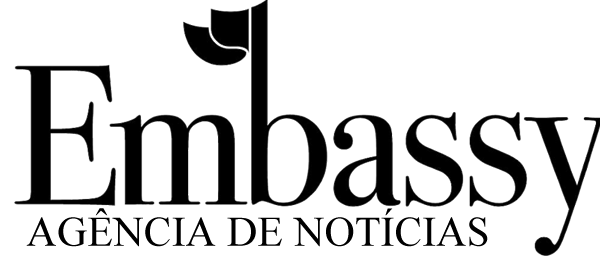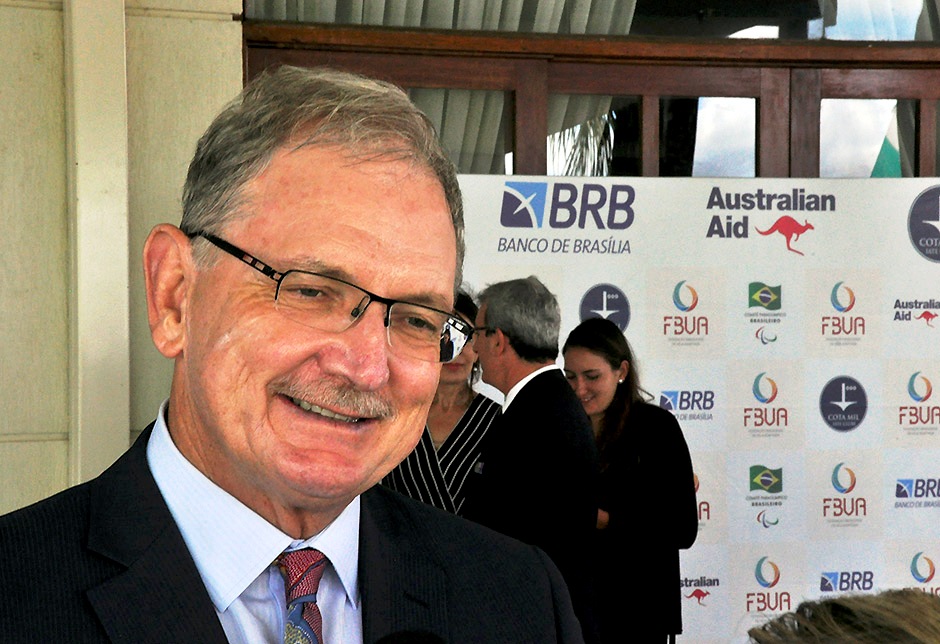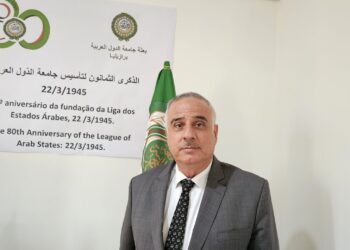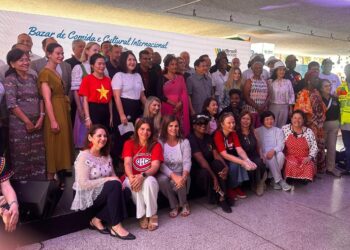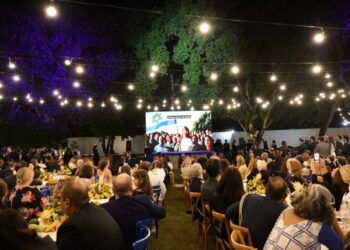[:pb]
The Embassy of Australia donated, this March, three adapted boats to the project Sailing for All, in the Brazilian Federation of Adapted Sailing. Created in 2009, the program offers free sailing classes for people with disabilities. Last week, the ambassador of Australia, John Richardson, delivered the equipment to the students at the Clube Cota Mil, in Brasília.
The project, present in four states and in the Federal District, has the objective to redeem the self-esteem and promote the socialization of people that was born with or developed a disability. Currently, the Brazilian school is the biggest in Latin America and one of the biggest in the world; 21 adapted boats, 17 donated by the Australian Embassy. The ambassador explained that the funding of the Embassy for social projects can benefit the Sailing for All project again.
“The DAP opens registrations every year and there is definitely a chance of Sailing for All to be benefited again in a future cycle. The program gains more visibility each year, which makes us very happy and sure to be working in the best possible way. Certainly the Sailing for All is an important partner of DAP and greatly assists in the dissemination of the program’s actions”, says Richardson.
The DAP is a program of the Ministry of the Foreign Affairs of Australia, that supports social programs in 66 countries. Currently, the donations mean a change in perspective for more than 20 students that sail at the Paranoá Lake, in Brasília. 13 years ago, the sailor Ana Paula Marques would never imagine to find the possibility to sail. When she was 20 years old she was hit by a gun shot and lost her leg movements.
The girl, born in Rio Grande do Sul, met the program through a friend and moved from Rio Grande do Sul to Brasília to continue her sporting life. Three years ago, in the Federal Capital, Ana Paula is a collector of titles and says that the project were where she felt welcomed in the new city. “My second home is here. I practiced sports already, but after I found out about sailing, I felt in love. I became a competitor, I have satisfactory results. Besides the sport, the project develops our balance and our social experience”, said Ana Paula.
The boats of the project are adapted to facilitate their conduction. In the traditional equipment, the commanding are parallel to the sailor. On the adapted boats, the commanding are transferred to the front, which facilitates the movement in water. The project is a crucial experience for Bruno Serra, 16 years old. The student was born with a leg moving problem. He tells us that after starting to attend the classes of the project, he improved his physical condition.
“I felt that my balance is a lot better. At the beginning I was all bent at the boat, I couldn’t do anything, but before long it gets a lot better. And there is also the friendship. We share experiences, we have the will to improve”, affirms.
The technical coordinator of Sailing for All, Bruno Pohl, explains that besides the physical gain the project has the goal of working the athlete’s psychological. “We have a lot of people here that wasn’t born with any disabilities, sailing is the sport of self-esteem of the disabled people. We show them that life is not over”.
The Sailing for All, developed in partnership with the Brazilian Paralympic Commitee, has the objective of training athletes for the Brazilian Olympic Games, in Rio de Janeiro. This year, six athletes will represent Brazil at the competitions. Three par-athletes of the project in Brasília will represent the country in a competition in Netherlands in June.
Embaixada da Austrália doa barco para projeto de vela para deficientes
A embaixada da Austrália doou, nesse mês de março, três barcos adaptados para o projeto Vela para Todos, da Federação Brasileira de Vela Adaptada. Criado em 2009, o programa oferece aulas gratuitas de vela para pessoas com deficiência. Na última semana, o embaixador da Austrália, John Richardson, entregou os equipamentos aos alunos, no Clube Cota Mil, em Brasília.
O projeto, presente em quatro estados e no Distrito Federal, tem o objetivo de resgatar a autoestima e promover a socialização de pessoas que nasceram ou que adquiriram alguma deficiência. Atualmente, a escola brasileira é a maior da América do Sul e uma das maiores do mundo; 21 barcos adaptados, 17 doados pela embaixada da Austrália. O embaixador explica que o financiamento da embaixada para projetos sociais pode beneficiar o “Vela para Todos” novamente.
“O DAP abre inscrições todos os anos e definitivamente há a chance do “Vela para Todos” ser beneficiado novamente em algum ciclo futuro. O programa ganha maior visibilidade a cada ano, o que nos deixa muito felizes e com a certeza de estar fazendo o trabalho da melhor forma possível. Certamente, o Vela para Todos é um grande parceiro do DAP e em muito auxilia na divulgação das ações do programa”, afirma Jonh Richardson.
O DAP é um programa do Ministério das Relações Exteriores da Austrália, que apoia programas sociais em 66 países. Atualmente, as doações significam uma mudança de perspectiva para mais de 20 alunos que velejam no Lago Paranoá, em Brasília. Há 13 anos, a velejadora Ana Paula Marques jamais imaginaria encontrar a possibilidade de velejar. Aos 20 anos ela foi atingida por um disparo de arma de fogo e perdeu os movimentos das pernas.
A gaúcha conheceu o “Vela para Todos” por meio de um amigo e se mudou do Rio Grande do Sul para Brasília para dar prosseguimento à sua vida esportiva. Há três anos na Capital federal, Ana Paula é uma colecionadora de títulos e diz que o projeto foi onde encontrou acolhida na chegada a nova cidade. “Aqui é minha segunda casa. Eu já praticava outros esportes, mas depois que conheci a vela me apaixonei, passei a competir, tenho que ter resultados satisfatórios. Além do esporte, o projeto desenvolve o nosso equilíbrio e o nosso convívio social”, conta.
Os barcos do projeto são modificados para facilitar a condução deles. Nos equipamentos tradicionais, os comandos ficam paralelos ao velejador. Nos barcos adaptados, os comandos são transferidos para a parte dianteira, o que facilita a movimentação na água. O projeto é uma experiência crucial para Bruno Serra, de 16 anos. O estudante nasceu com problema nos movimentos das pernas. Ele conta que, depois de participar do projeto, melhorou suas condições físicas.
“Eu senti que melhorou muito meu equilíbrio. No início eu ficava todo torto no barco, não conseguia fazer nada, mas, em pouco tempo, isso melhora muito. Ainda tem os amigos, a gente troca experiência, a gente tem vontade de melhorar”, afirma.
O coordenador técnico do “Vela para Todos”, Bruno Pohl, explica que, além dos ganhos físicos, o projeto tem o objetivo de trabalhar o psicológico do atleta. “Nós temos aqui muitas pessoas que não nasceram com deficiência e este é o esporte da autoestima da pessoa com deficiência. Nós mostramos para eles que a vida não acabou”.
O “Vela para Todos”, desenvolvido em parceria com o Comitê Paralímpico Brasileiro, tem o objetivo de treinar atletas para os Jogos Olímpicos do Brasil, no Rio de Janeiro. Este ano, seis atletas vão representar o Brasil nas competições. Três paratletas do projeto em Brasília representam o país em uma competição na Holanda, em junho.






